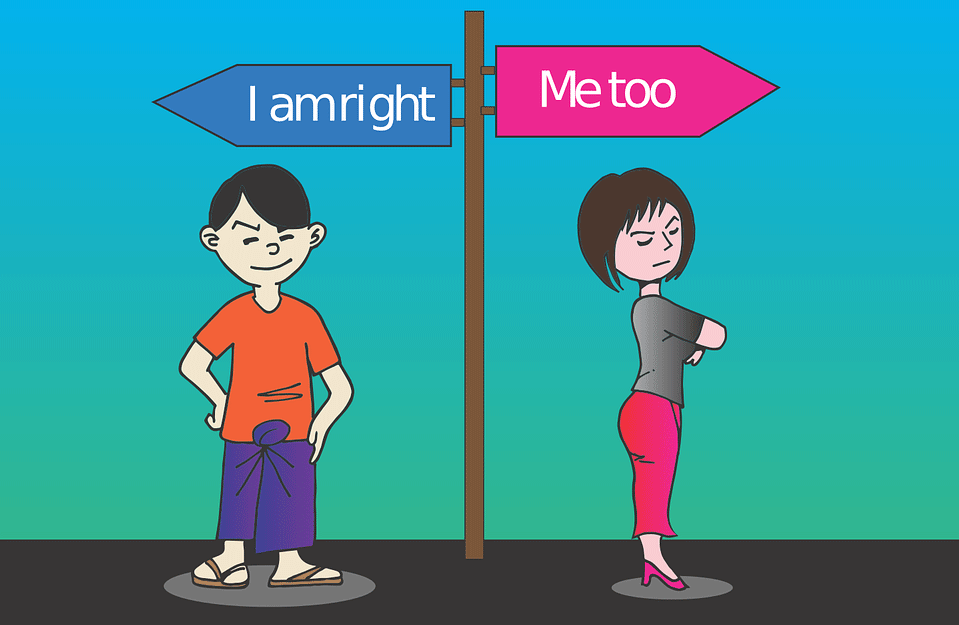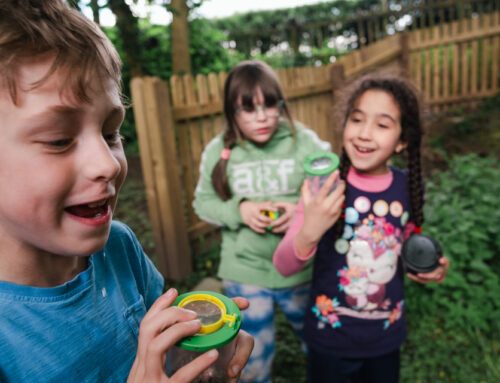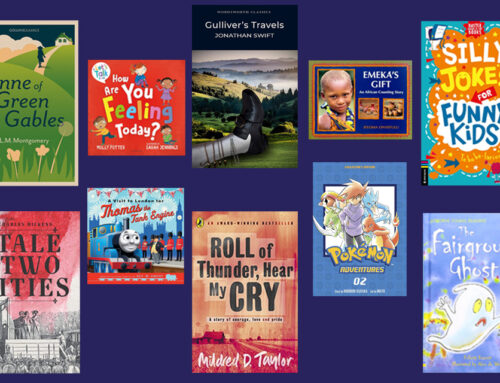“Dogs are better than cats!”
“Maths is brilliant!”
“You watch too much TV!”
-Hmmmm…do you agree?
Every day there will be times when you don’t agree with a friend – or even with someone on television. However, if you can listen, explain and learn, then you will see that there is no need to fight, as different views just make life more interesting.
It is important to believe in yourself as well as showing respect for others. It is also surprisingly helpful to understand the difference between a ‘fact’ (truth) and an ‘opinion’ (view). In this fun online game with Arthur®, Binky sorts facts from thoughts at http://pbskids.org/arthur/games/factsopinions/ or watch the BBC Bitesize http://www.bbc.co.uk/guides/z3wgqhv
So, with neither just keeping quiet, nor having a loud argument…how do you get someone to understand that in your opinion it’s cats, French and please can you watch even more TV? There are three big things to remember: 1) prepare, 2) stay positive and listen, 3) learn as you talk and ‘debate’.
LET’S GIVE IT A GO!
What do you feel strongly about? Let’s pick a topic. Do you want a later bedtime or more pocket money? Do you disagree with your friend’s choice of hobby or sports team? Or are you cross that you feel you have no say about an itchy uniform or the law on plastic bags?
1. PREPARE :
– Put your opinion into words carefully. For example, “I believe that I should be allowed to go to bed an hour later.”
– Who will you try to persuade?
– Research your topic and collect some facts.
– Get creating! Here are some ideas of how to use:
- Art: Cut out pictures from magazines to make a collage of what you do (or don’t) like. Add labels describing why.
- Music: Get CDs or video clips ready to give examples of why you think one piece of music is more ‘dancey’, less relaxing -or just plain ‘better’- than another!
- Drama: Write and perform a short play.
- Maths: Find data (such as the average pocket money at your age). Create a sum or bar chart that really makes your point.
- Technology: Use a spreadsheet package to make a table of ‘for’ and ‘against’ facts
2. STAY CALM and LISTEN:
For practise, the audience in front of you could even be just your teddy bear or pet rabbit! It would be great, though, if a brother or sister, friend or teacher would take part. Better yet, take some deep breaths and invite the person you are trying to persuade to look at your collage, watch the video clips or have a chat for ten minutes.
Ask for comments about your topic. What did they think? Are you sure? Practise listening extra carefully so that you can learn and give your best replies. Also find at least one area you can now agree on. Remember, your audience didn’t agree with you when you started, so don’t be upset if they seem unsure. Just be proud you have prepared and they are listening to you – and be really delighted if you have changed their opinions at all!
3. CHANGE as you ‘DEBATE’
Usually there are no totally ‘right’ or ‘wrong’ opinions. Stay happy, calm and positive even if it doesn’t look like you’ve convinced them to change their mind; perhaps they will surprise you – Or might YOU even change YOUR way of thinking?
A ‘debate‘ is one of the best ways to talk over opinions. The Kids.wordsmyth dictionary describes a debate as “a discussion between two people or groups who disagree on an important subject. A debate usually takes place in a formal meeting or gathering.” Learn more at https://kids.wordsmyth.net/we/?ent=debate or watch this fun BBC Bitesize – http://www.bbc.co.uk/guides/ztx8pbk .
So, a debate is not an argument, it is a conversation where people talk about their different thoughts even if they disagree. It is usually ‘formal’, polite and follows certain rules. For example, each person might take turns of 2 minutes to talk without being interrupted.
If this all sounds like a cool challenge, find out if you have a Debating Club at a library or school near to where you live. Or, if you are interested in politics, find out more about the big debates in the Houses of Parliament at https://www.parliament.uk/debating
Sometimes people may not agree…but stay happily positive and you can have loads of interesting fun debating why!










